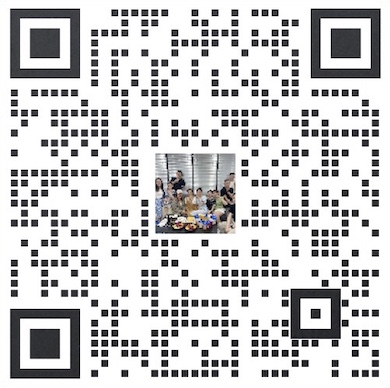
7x9小时
9:00am - 6:00pm
免费售前热线
13338363507
Data Ownership and Access Control: Establishing Clear Protocols in CRM Systems
2024-02-06
In today's digital age, data ownership and access control are critical components of customer relationship management (CRM) systems. With the increasing amount of data being collected and stored by businesses, it is essential to establish clear protocols for data ownership and access control to ensure the security and privacy of customer information.
Data ownership refers to the rights and responsibilities associated with the data collected and stored within a CRM system. It is important for businesses to clearly define who owns the data and how it can be used. This includes establishing guidelines for data collection, storage, and usage, as well as determining who has the authority to access and modify the data.
Access control, on the other hand, refers to the mechanisms and policies put in place to regulate who can access the data within a CRM system and what level of access they have. This includes implementing authentication and authorization processes to ensure that only authorized individuals can access the data, as well as setting permissions and restrictions on what actions can be taken with the data.
Establishing clear protocols for data ownership and access control in CRM systems is essential for several reasons. Firstly, it helps to protect the privacy and security of customer information. By clearly defining who owns the data and who has access to it, businesses can ensure that sensitive customer data is not misused or accessed by unauthorized individuals.
Secondly, clear protocols for data ownership and access control can help businesses comply with data protection regulations and standards, such as the General Data Protection Regulation (GDPR) in the European Union or the California Consumer Privacy Act (CCPA) in the United States. These regulations require businesses to take measures to protect the privacy and security of customer data, including establishing clear protocols for data ownership and access control.
Furthermore, clear protocols for data ownership and access control can help to prevent data breaches and unauthorized access to customer information. By implementing strict access control measures and clearly defining data ownership, businesses can reduce the risk of data breaches and ensure that customer data is only accessed by authorized individuals.
To establish clear protocols for data ownership and access control in CRM systems, businesses should consider the following steps:
1. Clearly define data ownership: Businesses should clearly define who owns the data collected and stored within the CRM system, as well as the rights and responsibilities associated with data ownership.
2. Implement access control measures: Businesses should implement authentication and authorization processes to regulate who can access the data within the CRM system and what level of access they have.
3. Set permissions and restrictions: Businesses should set permissions and restrictions on what actions can be taken with the data, such as who can view, modify, or delete the data.
4. Regularly review and update protocols: Businesses should regularly review and update their protocols for data ownership and access control to ensure that they remain effective and compliant with regulations and standards.
In conclusion, establishing clear protocols for data ownership and access control in CRM systems is essential for protecting the privacy and security of customer information, complying with data protection regulations, and preventing data breaches. By clearly defining data ownership and implementing strict access control measures, businesses can ensure that customer data is only accessed and used by authorized individuals, ultimately building trust and loyalty with their customers.
↓Scan code to addqiqueadviser↓

↑Learn more digital scenes↑
Extended Reading:
Consent Management in CRM: Navigating Privacy Regulations in Projects Transparency in Project Processes: Communicating Policies through CRM Ethical Considerations in CRM Project Management: Building Trust GDPR Compliance in CRM Project Management: Protecting Sensitive Data Project Portfolio Management: Optimizing Resource Allocation with CRM Leveraging CRM Project Data for Competitive Market Analysis Customer Journey Mapping: Aligning CRM, Project, and Business Efforts CRM and Product Development Collaboration: Enhancing Project Opportunities CRM-Driven Project Cost Management: Strategies for Financial Success Collaborative Forecasting: Integrating Project Insights into Business Planning more>>
Useful
Useless
Share on WeChat
Open within mini program
![]()
Open WeChat to "scan" and forward to friends
Open WeChat "Scan" and open it in the mini program
关闭预览


